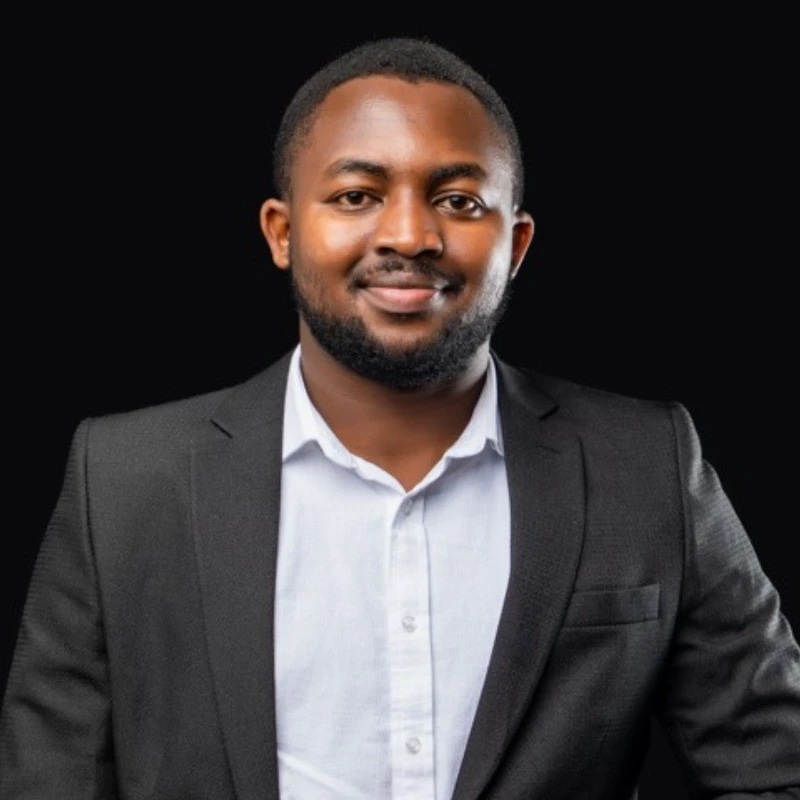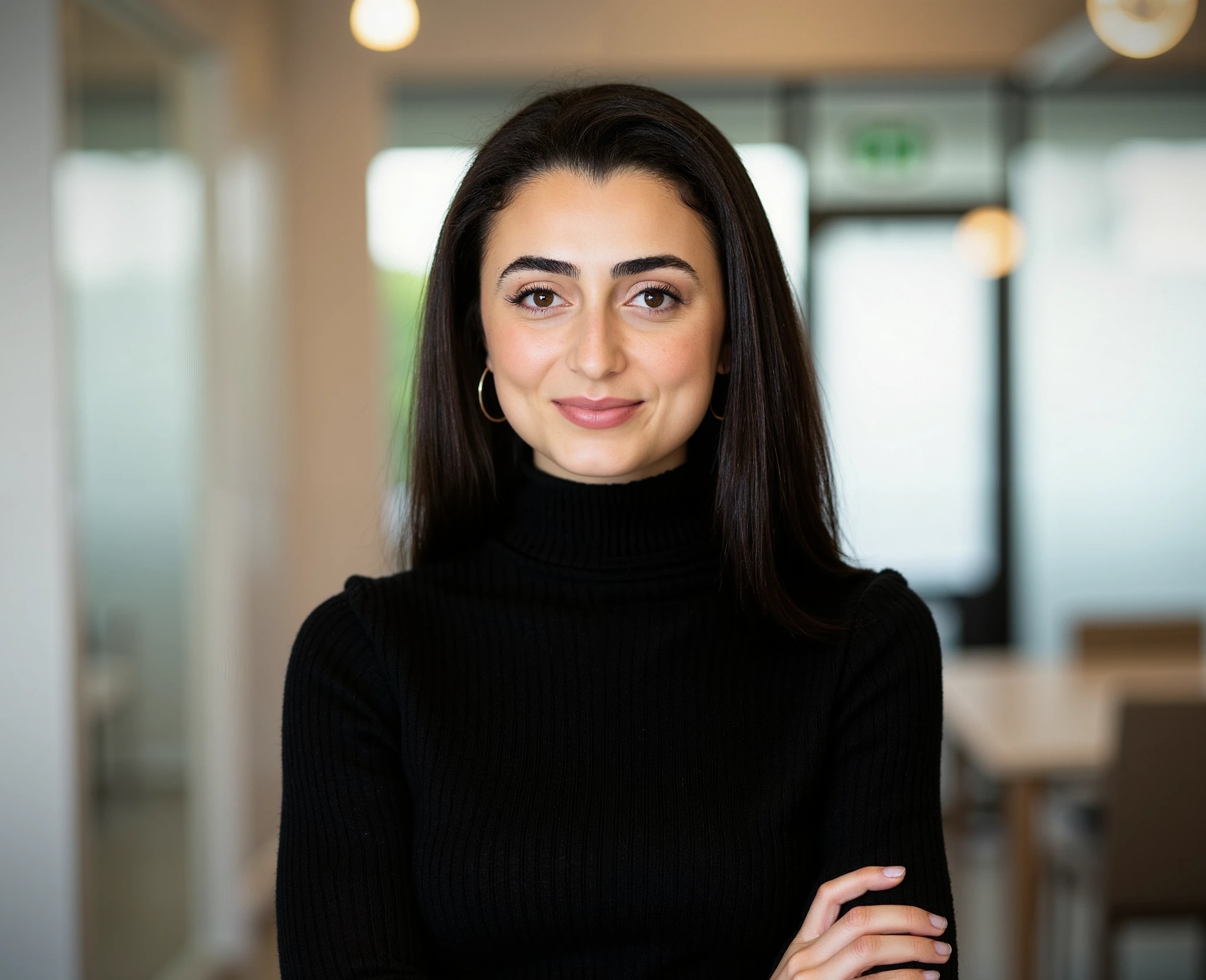
Voice cloning in 12 Indian languages — demonstrated live at IIT Delhi
How do we show that cloning a voice in 12 Indian languages with ElevenLabs is authentic, easy, and quick? We do it live.



Millions of people across Africa live with speech impairments or loss of voice. Through our partnership with Senses Hub, we’re developing personalized, culturally relevant voices that restore identity, confidence, and connection across the continent.
Millions of people around the world live with speech impairments or loss of voice caused by stroke, ALS, cerebral palsy, cancer, or injury. For many, technology provides a bridge—Augmentative and Alternative Communication (AAC) devices that turn text into speech.
Built primarily on American and British English models, most AAC voices sound foreign, robotic, or disconnected. They don’t reflect the accents, tones, or cultural context of users in places like Nairobi, Lagos, or São Paulo. The result is more than a technical gap; it’s a loss of personal identity and social belonging.
When your voice doesn’t sound like you, communication becomes harder. Misunderstandings increase, confidence drops, and stigma deepens. For too many, every conversation becomes a reminder that their voice isn’t their own.
Senses Hub, based in Nairobi, is one of Africa’s leading accessibility and assistive technology research centers. The organization works to make technology inclusive, affordable, and relevant to local communities.
Together with the ElevenLabs Impact Program, Senses Hub is developing localized voice models for AAC systems across Africa, creating voices that sound authentic, natural, and human.
ElevenLabs’ deep learning models reproduce speech with high emotional accuracy and multilingual flexibility. With only a few seconds of recorded audio, we can restore a person’s original voice or create a new one that feels personal and culturally aligned.
For those who don't have recordings, a voice donor system allows volunteers to contribute their voices. These recordings are then adapted to reflect the user’s preferences and identity, ensuring everyone can sound like themselves.
The project begins in East Africa—Kenya, Uganda, Tanzania, and Rwanda—and expands through Senses Hub’s regional partner network. It focuses on two groups:
These voices will integrate into AAC tools, communication apps, and assistive platforms, improving day-to-day communication in schools, workplaces, hospitals, and homes.
ElevenLabs’ Text to Speech and Professional Voice Cloning technology deliver:
A stroke survivor regains the ability to speak in their own voice.
A student with cerebral palsy contributes confidently in class.
A professional with ALS conducts meetings using a natural, regionally familiar voice.
Across healthcare, education, public services, and daily life, this collaboration aims to replace generic synthetic speech with voices that restore confidence and dignity.
Through our partnership with Senses Hub, we’re helping to build the foundation for a more inclusive voice technology ecosystem in Africa. By combining global innovation with local expertise, we’re creating solutions that reflect the diversity, culture, and identity of the communities they serve.
If you’re a nonprofit organization working to expand accessibility through voice, we invite you to collaborate with us by applying to our Impact Program.

How do we show that cloning a voice in 12 Indian languages with ElevenLabs is authentic, easy, and quick? We do it live.

Eight seconds of audio from an old VHS tape was all Sarah needed to reclaim her voice with ElevenLabs — and through her Smartbox assistive technology device, finally let her children hear her authentic voice.